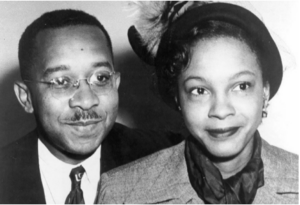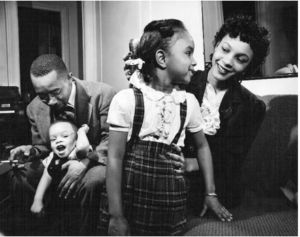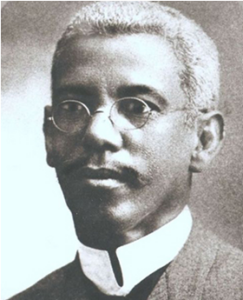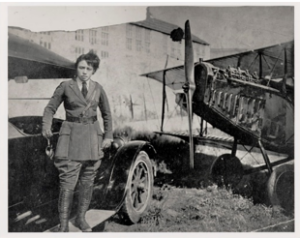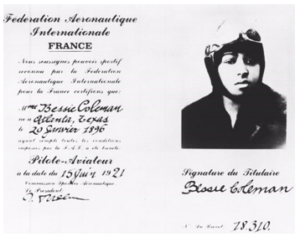By Riley Dominianni
This February, the Foundation celebrates Black History Month by honoring outstanding achievements in STEM (Science, Technology, Engineering, and Mathematics) by Black Americans. Here are the inspiring stories of Kenneth and Mamie Phipps Clark, José Celso Barbosa, and Bessie Coleman, and their incredible contributions as leaders in the fields of psychology, public health, and aviation.
Visit our Ellis Island Passenger Search database to find the passenger manifests for these and other African American trailblazers.
